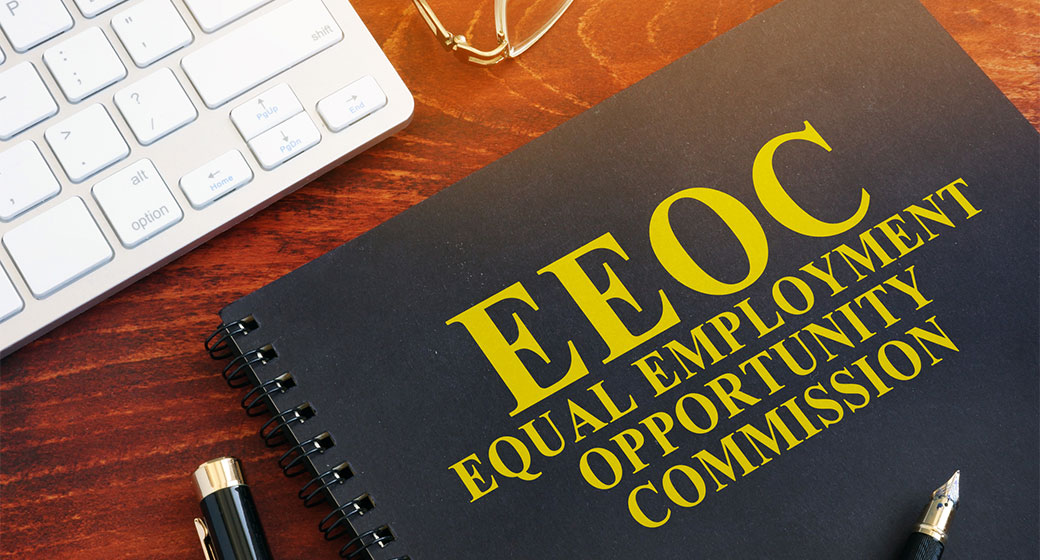
-
Posted By Sirmabekian
-
2023
-
0 Comments
When facing workplace discrimination or harassment, individuals have the right to file a complaint with the Equal Employment Opportunity Commission (EEOC). The process of filing an EEOC charge can be complex and intimidating, leading many individuals to consider hiring lawyers for assistance. In this post, we will explore the advantages and considerations associated with hiring EEOC lawyers when filing an EEOC charge, helping individuals make informed decisions about seeking legal representation.
Understanding the EEOC Process
Before delving into the question of hiring lawyers, it is crucial to understand the EEOC process. The EEOC is responsible for enforcing federal laws that prohibit workplace discrimination based on protected characteristics, such as race, color, religion, sex, national origin, age, disability, or genetic information. Filing an EEOC charge is the first step toward seeking a resolution for workplace discrimination or harassment.
Knowledge and Experience
One of the primary reasons individuals opt to hire lawyers when filing an EEOC charge is their knowledge and experience in handling discrimination cases. Employment lawyers specialize in employment law and have a deep understanding of the legal framework surrounding workplace discrimination. They are well-versed in the EEOC process, including deadlines, documentation requirements, and legal strategies.
Case Evaluation and Strategy Development
Lawyers can provide valuable insights during the initial case evaluation phase. They assess the strength of your claim, review the evidence, and advise on the likelihood of success. Based on their expertise, they can help develop a strategic approach for your EEOC charge, including gathering additional evidence, interviewing witnesses, and preparing legal arguments.
Navigating Complex Legal Procedures
Filing an EEOC charge involves navigating complex legal procedures. Lawyers can assist in completing the necessary paperwork, ensuring that the charge is filed correctly and on time. They can also help with gathering supporting documentation, such as relevant employment records, witness statements, or expert opinions, which are crucial for building a strong case.
Negotiating Settlements and Mediation
Employment lawyers have experience in negotiating settlements and representing their clients during mediation sessions. They understand the value of your claim and can effectively communicate with the opposing party or their legal representatives. Lawyers can help maximize your chances of securing a favorable resolution, whether it be through a settlement agreement or alternative dispute resolution methods.
Representation in Litigation
In some cases, filing an EEOC charge may not lead to a satisfactory resolution, and further legal action may be necessary. Lawyers can represent you in litigation, should you decide to pursue a lawsuit against the employer. They will guide you through the complex legal process, advocate for your rights in court, and work towards obtaining a favorable outcome on your behalf.
Cost Considerations
While hiring lawyers can offer significant advantages, it is important to consider the associated costs. Legal representation can be expensive, and not everyone may have the financial means to hire a lawyer for their EEOC charge. However, some lawyers work on a contingency fee basis, meaning they only receive payment if they successfully resolve your case, typically through a settlement or court award. Exploring fee arrangements with lawyers can help individuals determine the most suitable option based on their financial circumstances.
Deciding whether to hire a lawyer when filing an EEOC charge is a personal choice that depends on individual circumstances. EEOC Lawyers bring valuable expertise, experience, and support throughout the EEOC process, from case evaluation to negotiation and, if necessary, litigation. They can help navigate complex legal procedures and maximize the chances of obtaining a favorable outcome. However, the cost of legal representation should also be considered. Ultimately, individuals should carefully evaluate their options and choose the path that best aligns with their needs, resources, and goals in seeking justice for workplace discrimination or harassment.
 English
English Spanish
Spanish